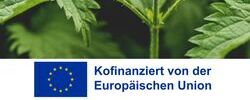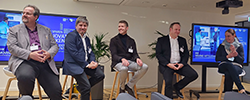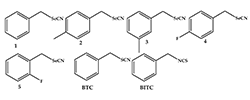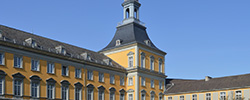Activities
Forging New Paths in Crop Protection: GENAWIF Launches Innovative Project with AgPrime
Exploring Nature’s Mysteries! 🌿
Prestigeous award for Genawif collaborator Dr. André Bachmann
Bio4MatPro – Competence Center for Biological Transformation in Materials Science and Production Engineering
New research work by GENAWIF members
Allicin from garlic inhibits the essential bacterial enzyme DNA gyrase, a common target for medical antibiotics
International Conference of our German Society for Plant Sciences
Size matters – the importance of DNA packaging
The association
Who we are
We are scientists with many years of experience in the field of natural products and the elucidation of the mechanism of action of substances. In order to bundle this knowledge and experience and to make it usable in practice, we have founded GENAWIF on the basis of our expertise.
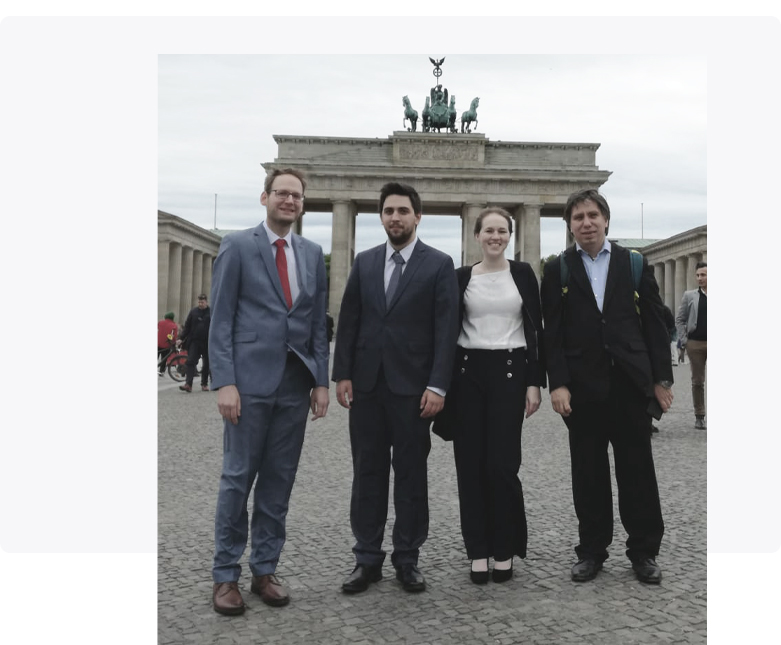
What is our mission?
We are convinced that the research of natural and active substances, especially with regard to their effects on cells and organisms, needs a deeper attention from both the public and the scientific community. Both possible hazards posed by chemical compounds that may not yet have been clarified and novel and surprising applications of natural and active substances require a competent and innovative perspective. Based on the understanding of biological effectiveness and the knowledge of chemical properties, we can research new applications and bring them to fruition together with partners, thus contributing to sustainable economic activity, new jobs, security of supply through agriculture and new approaches to treating diseases in human and veternary medicine.
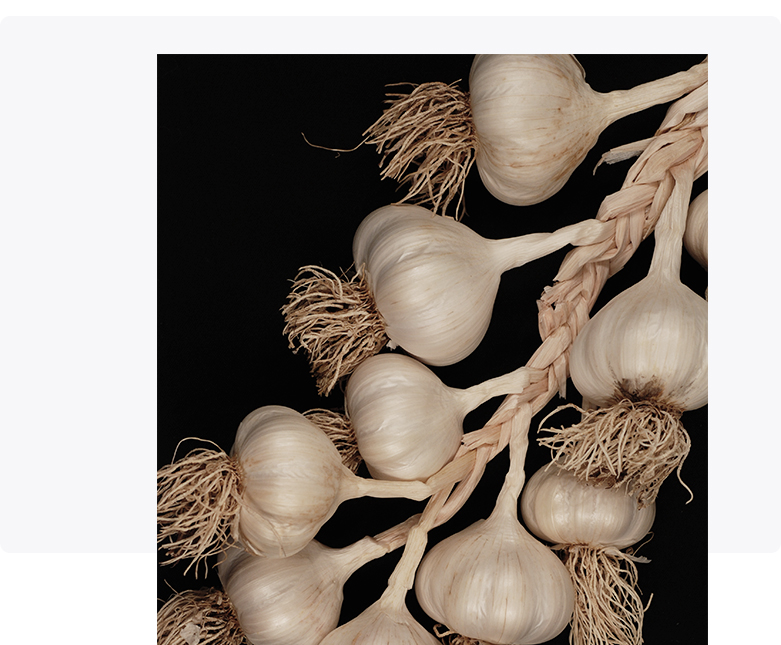
How do we tackle these challenges?
Through our organisation as a non-profit association, it is clear that our goal is not to work in a profit-oriented way, but rather to work in a solution-oriented way. For this purpose, networking and information of the public as well as of experts, scientists and political decision-makers is important. In addition, we would like to make our experience and expertise available through consulting and contract research in order to prepare and carry out a basis for the implementation of our own research projects in cooperation with local, national and international actors. Due to our corporate tax-exempt organisational form we have access to private and public research funding, but due to the economic part of our work (consulting, training, events, etc.) we ourselves can make a fundamental contribution to the financing of our vision.


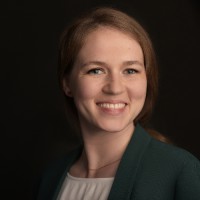
After her master’s thesis on a proteome analysis of the allicin-resistant bacterium Pseudomonas (2014), she continued her work in Prof. Slusarenko’s research group at RWTH Aachen University as a doctoral student, researching the antimicrobial effect of allicin from garlic on lung pathogenic bacteria and investigating whether the medical treatment of lung infections with allicin is possible in principle using a newly developed lung model.
Since her doctorate (2020), she has taken part in various training courses, project and quality management and clinical data management.

Jan Borlinghaus, born 1985, started studying biology at RWTH Aachen University in 2005. He completed his diploma thesis (2012) at the Department of Plant Physiology in the field of plant sciences, where he developed a passion for molecular biology.
This was followed by a PhD in the same institute with a molecular biology question on the resistance mechanisms of an allicin-resistant bacterium Pseudomonas.
Since 2019, Jan has continued as a postdoc working on open questions related to the natural product allicin, but his interest has also shifted to synthetic biology and bioassays using baker’s yeast (Saccharomyces cerevisiae) as a model organism.

After his B. Sc. degree (2016), Michael moved to RWTH Aachen University, where he gained insight into plant sciences in a research internship under Jan Borlinghaus at the Institute of Plant Physiology. As part of his Master’s thesis at the same institute , he developed a luciferase-based measurement system in baker’s yeast (S. cerevisiae).
After his M. Sc. degree (2020), he then moved to a biotechnology company in Monheim/Rhine to take over marketing there. Due to his successful way of working, he has since been able to recruit three more employees to support him in marketing.
Contact us!
If you have any ideas to collaborate with us or want to join the association just write an E-Mail to office@genawif.com!
